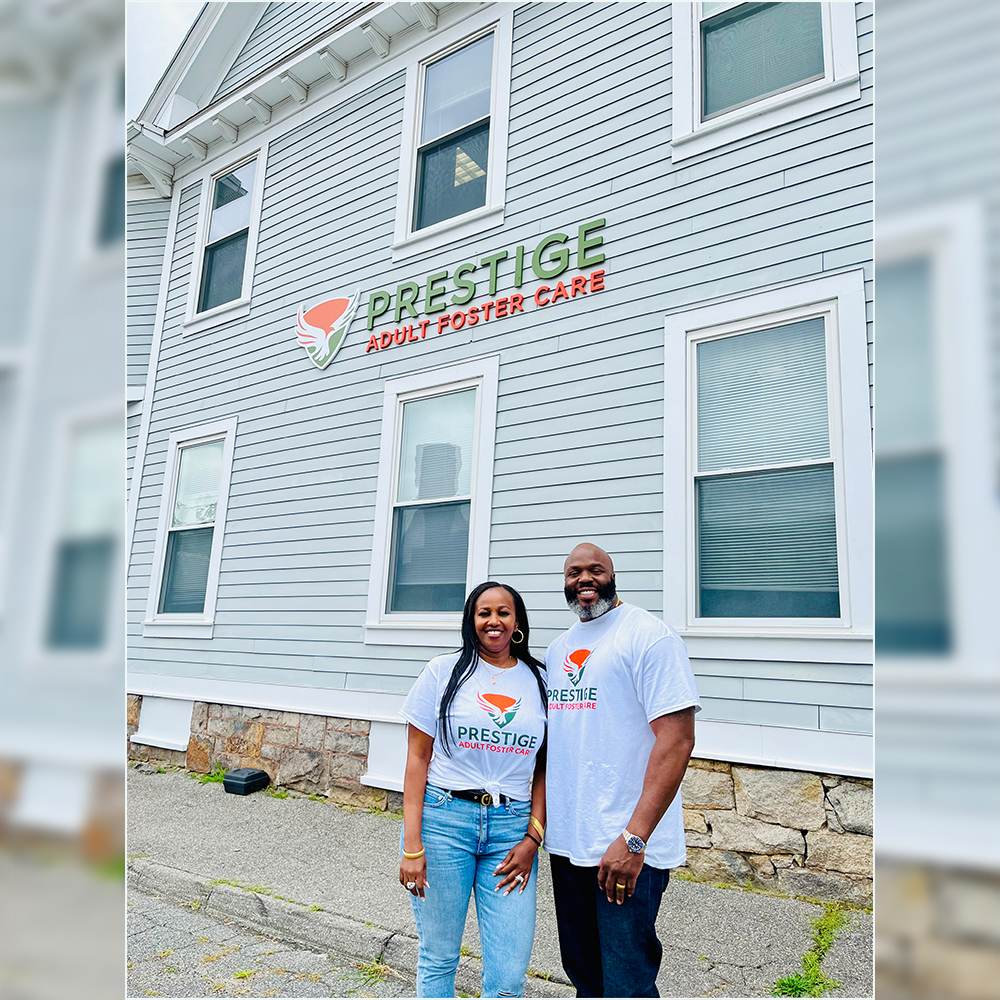
Effective interpersonal communication is a cornerstone of successful relationships, both personal and professional. It involves more than just speaking clearly or listening well; it requires a comprehensive set of skills that enable individuals to interact with others in a way that promotes understanding, efficiency, and respect. This article delves into practical strategies and insights to help you enhance your interpersonal Communication Skills and foster stronger connections.
The Power of Active Listening
Active listening is the first step toward improving your communication skills. This process involves fully concentrating on the speaker, understanding their message, responding thoughtfully, and remembering what is said. Active listening shows respect for the speaker and provides them with the comfort that their thoughts and feelings are being considered seriously.
Techniques for Effective Listening
To practice active listening, maintain eye contact, nod your head, and use other body language cues to show engagement. Avoid interrupting while the other person is speaking and reflect on what they say by paraphrasing their points to confirm understanding. This technique not only clarifies any misunderstanding but also validates the speaker’s point of view, enhancing mutual respect in the conversation.
Articulating Your Thoughts Clearly
Clear articulation of thoughts is essential in interpersonal communication. It’s important to be concise and direct while also being polite and considerate of the list listener’s feelings.
Tailoring Your Message
Consider your background, education level, and emotional state. Adjust your message accordingly to ensure clarity and avoid misinterpretation. Use simple language and avoid jargon unless it is shared between the speaker and the listener. Structuring your thoughts in a logical order helps the listener follow your points quickly.
Non-Verbal Communication: The Unspoken Dialogue
Non-verbal communication plays a crucial role in how our messages are received and interpreted. It includes facial expressions, body posture, eye contact, hand gestures, and tone of voice. These cues can sometimes convey more than words.
Aligning Verbal and Non-Verbal Cues
Ensure that your non-verbal cues match up with what you are saying verbally. Inconsistencies between your spoken words and body language can lead to confusion and distrust. For example, smiling while delivering a serious message can send mixed signals. Being conscious of your non-verbal signals can significantly improve the clarity and effectiveness of your communication.
Handling Conflicts with Diplomacy
Interpersonal communication is not without its challenges, mainly when conflicts arise. Handling disagreements with diplomacy is essential for maintaining healthy relationships.
Strategies for Conflict Resolution
When a conflict occurs, strive to remain calm and focused on finding a solution rather than winning the argument. Listen to all sides involved, and use “I” statements”t” to express your feelings without blaming others (e.g., “I feel frustrated when…”). Seek common” ground or a compromise where possible. These approaches prevent the escalation of conflict and promote a respectful, constructive dialogue.
Practicing Empathy
To develop empathy, try to put yourself in the other person’s shoes, especially in situations of disagreement. Ask questions to gain deeper insights into their perspective and express an understanding of their feelings. This not only soothes tensions but also deepens the relationship.
Continuous Improvement and Feedback
Improving interpersonal communication is a continuous process that benefits greatly from regular feedback. Ask trusted colleagues, friends, or family members for feedback on your communication style. Reflect on this feedback and identify areas for improvement.
Engage in Regular Practice
Like any other skill, interpersonal communication improves with practice. Engage in various social situations, observe others who communicate effectively, and continually refine your skills. Participate in workshops or courses that focus on enhancing communication skills.
Interpersonal communication is an art that requires awareness, intent, and continuous effort to master. By actively listening, clearly articulating your thoughts, aligning your verbal and non-verbal cues, handling conflicts with diplomacy, practicing empathy, and seeking feedback, you can enhance your communication skills significantly. These efforts will lead to more productive interactions and fulfilling relationships in all areas of life.